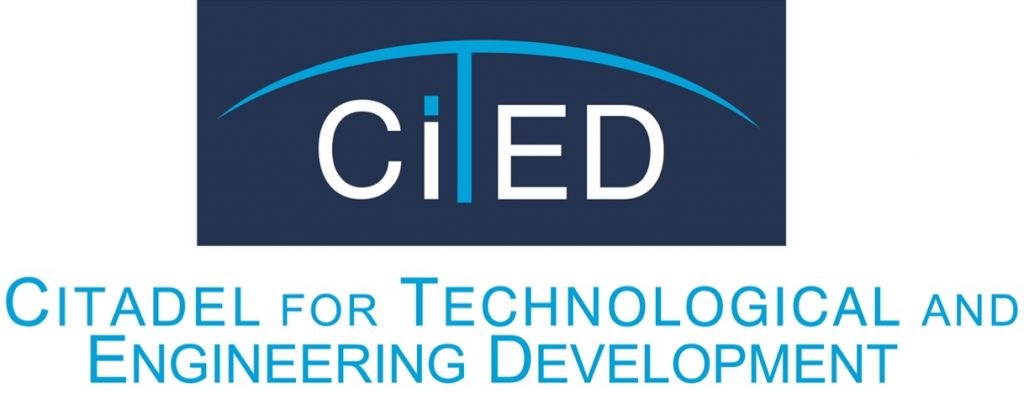Programme Introduction The course provides you with: an introduction to a variety of types of boreholes and wells, their use, […]

Programme Introduction
The course provides you with:
- an introduction to a variety of types of boreholes and wells, their use, design, and operation.
- a practical introduction to the main methods of drilling and borehole investigation techniques used to assess aquifer and well properties in the context of developing successful water supply boreholes.
- an introduction to methods of optimising borehole design, including the selection of appropriate technology and types of pumps, well and aquifer development, and test pumping.
- an awareness of the need for long-term maintenance and rehabilitation of water supply boreholes, and details of appropriate methods.
Programme Objectives
By the end of the course, you’ll have an understanding of:
- the types and uses of boreholes and wells
- drilling and borehole investigation techniques
- the principles of optimal borehole design
- an awareness of the need for, and methods used in, long-term borehole maintenance
Programme Outline
- Background to groundwater investigation and development, sustainable yield.
- Types of boreholes and their uses, appropriate technology, water supply wells, boreholes for sampling and monitoring.
- Borehole site location selection.
- Drilling methods.
- Borehole investigations, wireline geophysics, lithological analysis, and sampling of cuttings.
- Well, design principles and practice, open holes, casing, screens, gravel packs.
- Drilling processes, cementing, centralisers, the verticality of wells.
- Optimal design.
- Aquifer and well development.
- Pump selection for different purposes.
- Test pumping for sustainable yield / deployable output, and aquifer properties (step and constant rate tests).
- Well, maintenance and rehabilitation.
- Well, design and operated for monitoring and water quality sampling.
- Current Issues in Water Treatment.
- Disinfection Technologies

